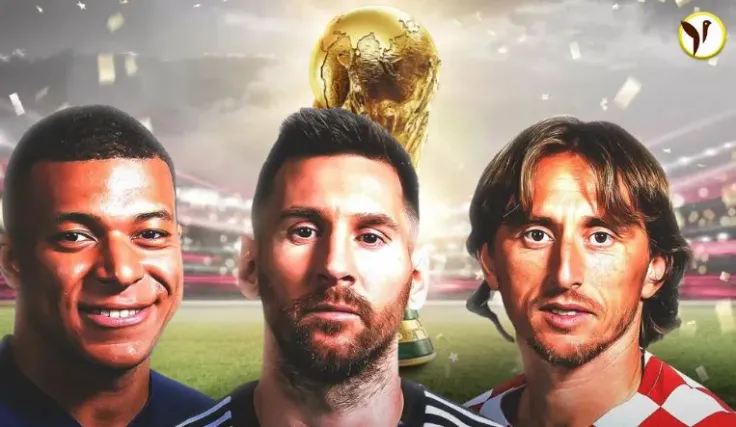The FIFA World Cup, commonly known as the World Cup, stands as the ultimate spectacle in the realm of international soccer, drawing together the most elite senior men's national teams representing diverse corners of the world.
This tournament serves as a profound testament to the universally cherished sport of soccer and the extraordinary ability of sports to act as a unifying force, transcending borders and fostering a sense of camaraderie among nations.
It not only showcases the pinnacle of athletic prowess but also underscores the cultural and emotional significance that soccer holds for people across the globe. This blog is going to be the ride through the history, evolution, and updates from the very recent matches.
The First FIFA World Cup
The FIFA World Cup had its inception in 1930, thanks to the visionary FIFA President Jules Rimet. The inaugural tournament was held in Uruguay, celebrating the nation's 100 years of independence. However, organizing the event was no small feat. European teams initially hesitated due to the significant costs and logistical challenges posed by the long trip across the Atlantic Ocean.
Must read, Delhi Witnesses Historic Skin Donation at AIIMS, Offering Hope to Burn Victims
Rimet's persuasion eventually saw Belgium, France, Romania, Hungary, and Yugoslavia making the journey. Thirteen nations, including seven from South America, four from Europe, and two from North America, participated. Uruguay emerged as the first champions, defeating Argentina in the finals.
Meanwhile, in 1970, the first Women's World Cup took place in Italy, and this marked the beginning of a new era for women's soccer. The tournament's expansion to include more teams and the introduction of new rules have kept fans worldwide engaged.
Evolution Over the Years
The FIFA World Cup has undergone substantial evolution from its early days. Despite facing considerable disruption due to the impact of World War II, which led to the unfortunate cancellation of the 1942 and 1946 editions, the tournament's growth in terms of popularity and participation has been remarkable. The World Cup's resilience in the face of historical challenges has been a testament to its enduring significance in the world of sports and its ability to transcend adversity.
FIFA 2022 & 2023 Highlights
The latest edition of the FIFA World Cup took place in 2022 and was hosted by Qatar, making it the first World Cup held in the Arab world. It featured 64 matches played in eight venues across five cities, over a reduced timeframe of 29 days. Argentina claimed the championship, with
French player Kylian Mbappé making history by scoring a hat-trick in the final and winning the Golden Boot as the tournament's top scorer.
Argentine captain Lionel Messi was named the tournament's best player, earning the Golden Ball. The 2022 World Cup set a new record for the highest number of goals scored in the 32-team format, with every participating team finding the back of the net.
In parallel with the men's event, the FIFA Women's World Cup took place in 2023, hosted jointly by Australia and New Zealand. This marked the first women's World Cup in the southern hemisphere, with Spain securing the title.
Alterations in Rules for FIFA World Cup 2022
The 2022 World Cup introduced notable rule changes, including the allowance of up to five substitutions in regular time and an additional substitution in extra time. It also marked the debut of concussion substitutions, with each team permitted one such substitution during a match, aimed at prioritizing player safety. Iranian goalkeeper Alireza Beiranvand became the first player to benefit from a concussion substitution.
The FIFA World Cup has evolved into a global phenomenon that unites soccer enthusiasts worldwide. The 2022 Qatar World Cup showcased historic moments and record-breaking achievements. With each tournament, it transcends borders, bringing nations together through the love of the game and top-tier talent.
Looking ahead, it remains a unifying event.
Also, join our Free Workshops and upskill yourself.
Read this- More Market Openness plus New investments on Belts and Roads Projects, China’s President Xi Jinping







